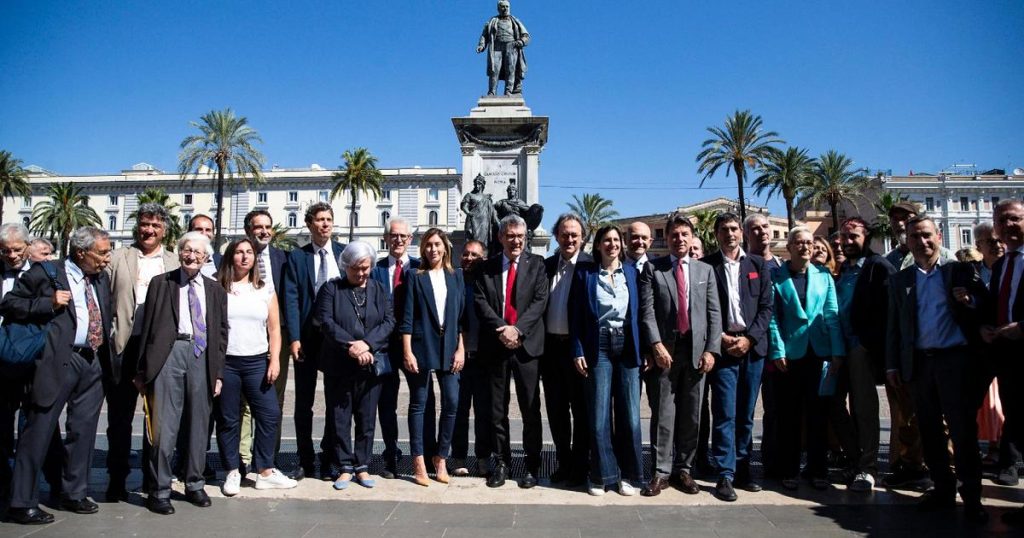The signature collection for the referendum against differentiated autonomy has started all over Italy. The initiative has seen the involvement of all center-left forces with their respective leaders setting up stands in different cities. Leaders like Elly Schlein of the Democratic Party, Giuseppe Conte of the Five Star Movement, Angelo Bonelli and Nicola Fratoianni of the Greens, and Riccardo Magi of +Europe are all strongly against the ‘divides Italy’ law. Elly Schlein has criticized autonomy as a “cynical exchange” proposed by the supposed patriot Meloni, who wants to pass a dangerous constitutional reform in exchange for it. She states that autonomy would increase inequalities and threaten the unity of the nation.
Giuseppe Conte, leader of the Five Star Movement, also opposes the autonomy law, describing it as a secession pushed by the Meloni government. He emphasizes the need to defend the unity and the national flag of Italy, stating that sectors such as Health, Education, Transportation, and Infrastructure should not suffer any further. Riccardo Magi, from +Europe, adds that autonomy would also be detrimental to the public finances. He announces the launch of a digital platform for signature collection for the referendums, indicating the growing opposition to the autonomy law among various political forces and citizens alike.
In Rome, leaders of the Greens, Angelo Bonelli and Nicola Fratoianni, signed against the autonomy law at the Testaccio market. They condemned the law for exacerbating existing inequalities in the country and fragmenting Italy into small states incapable of meeting the challenges of the times. The united front against autonomy, demonstrated by leaders from different political parties, is seen as a test for broader convergence in opposition to the right-wing forces. Despite some disagreements within the coalition, Elly Schlein remains confident that common priorities can bring forces together to build an alternative to the right-wing agenda.
Carlo Calenda of Action, however, distances himself from the united opposition, questioning the purpose of compromise if there is no agreement on key issues, especially concerning Italy’s international position. He criticizes the lack of substantial progress within the so-called ‘broad coalition’, suggesting that it may only serve as a self-preservation agreement without producing any meaningful outcomes for Italy. The division within the coalition highlights the challenges in forming a strong and cohesive opposition against the autonomy law and the right-wing forces behind it.
Overall, the signature collection for the referendum against differentiated autonomy in Italy has brought together various center-left political forces and leaders who are united in their opposition to the divisive law proposed by the Meloni government. The leaders emphasize the importance of defending the unity and integrity of the nation, while also highlighting the potential negative impacts of autonomy on public services and the country’s finances. The united front against autonomy serves as a platform for testing broader convergence among opposition forces, despite some internal disagreements and criticisms about the effectiveness of compromise within the coalition. The ongoing campaign reflects a growing resistance to the autonomy law and a collective effort to build an alternative to the right-wing policies threatening Italy’s national unity.


